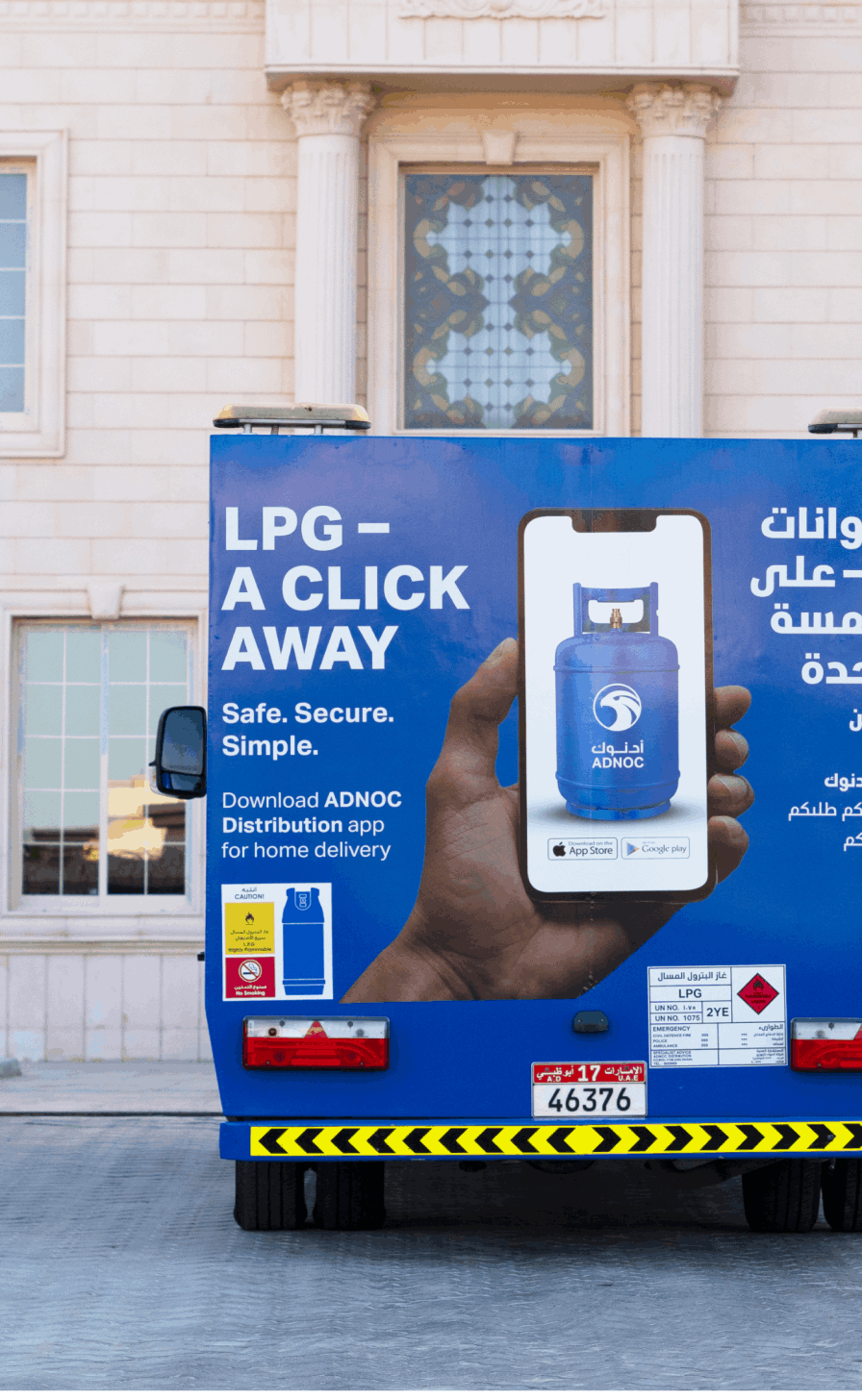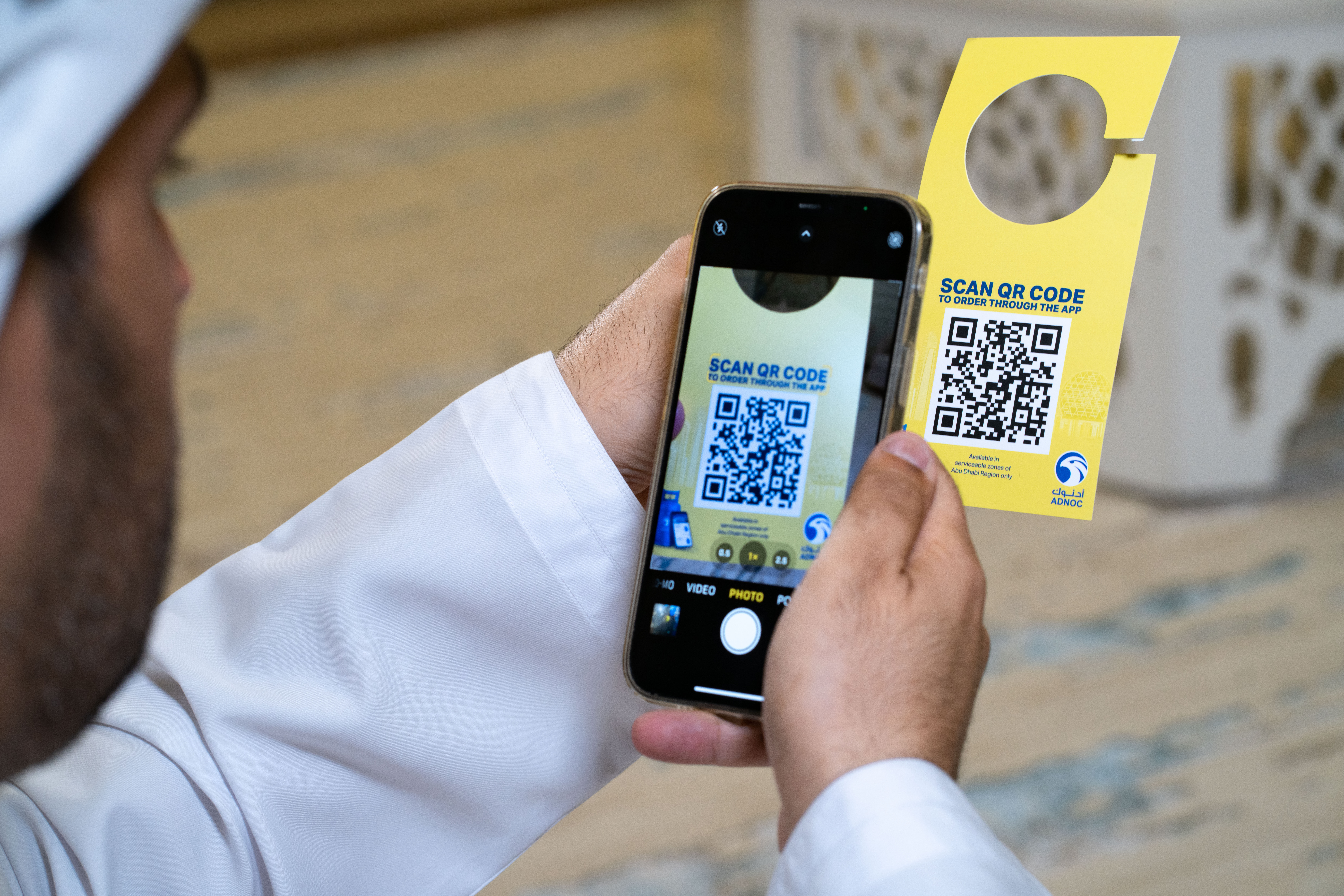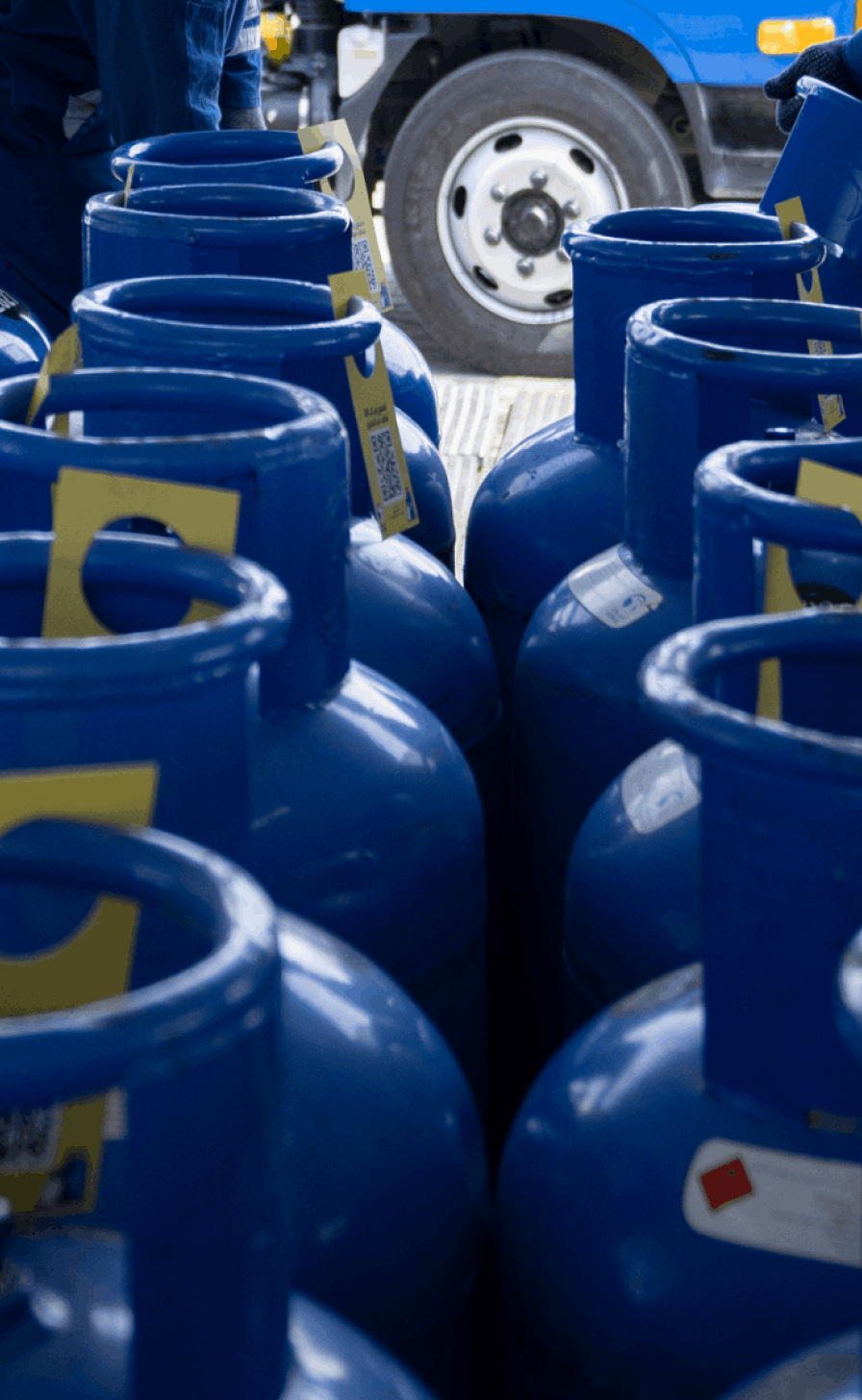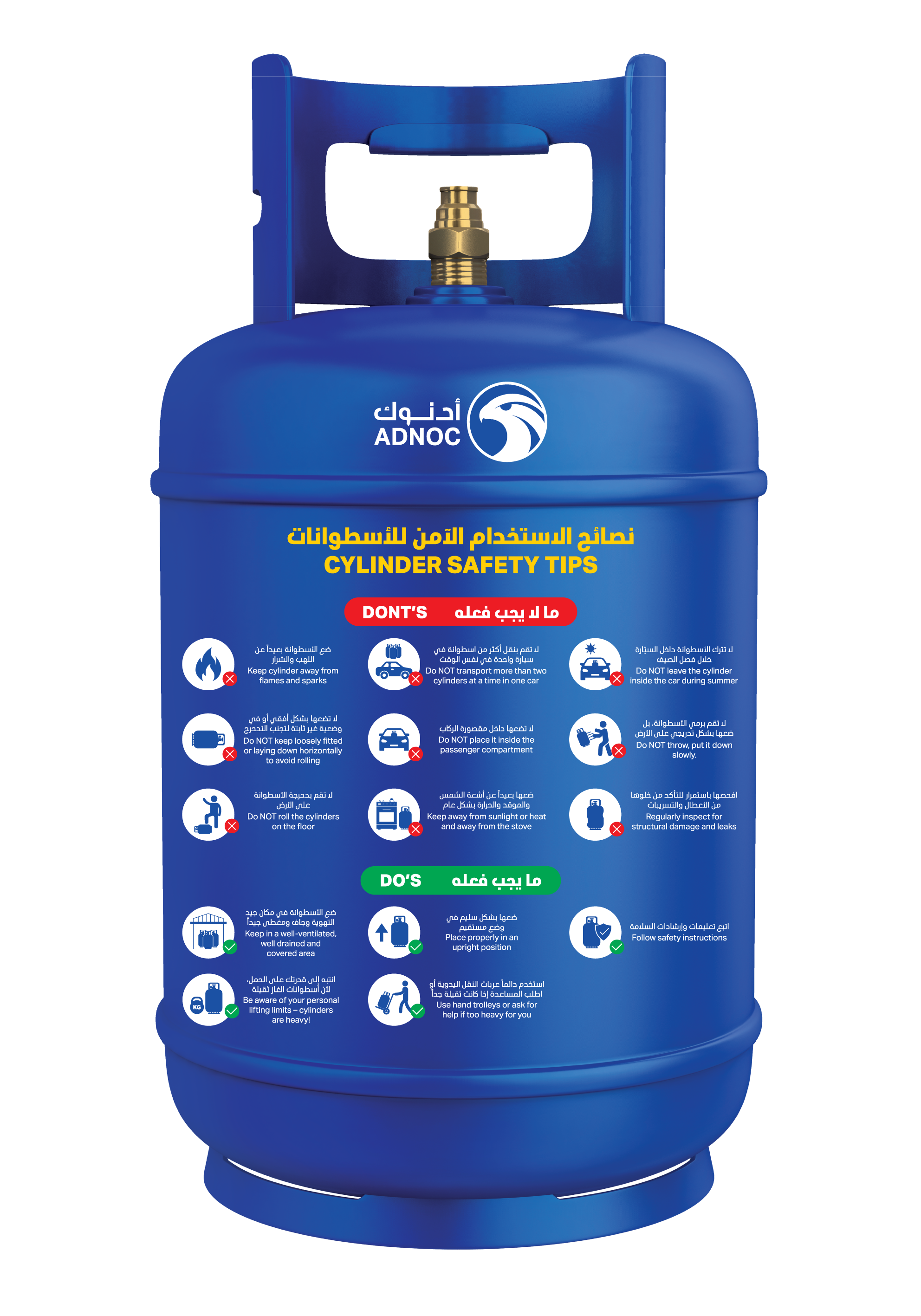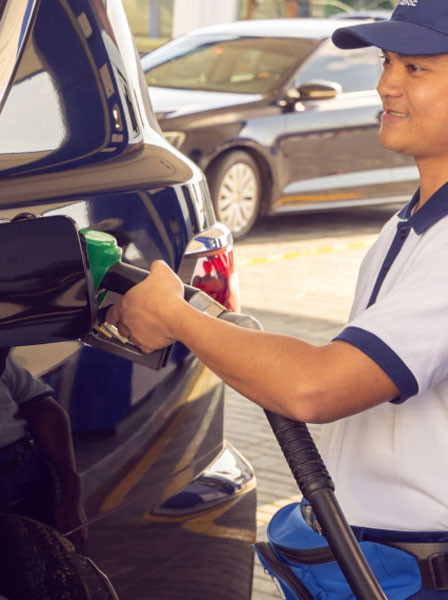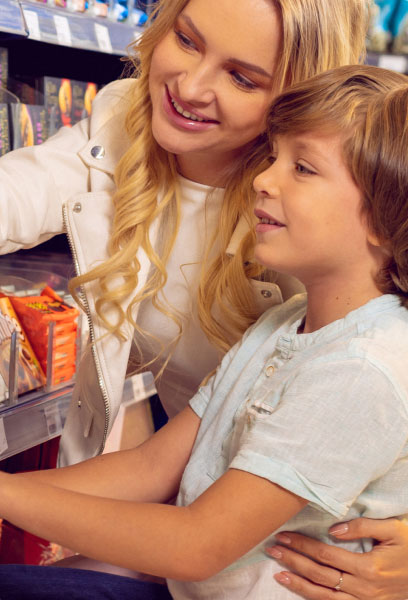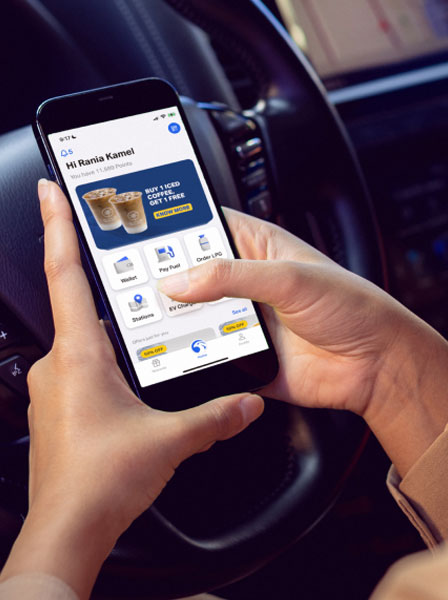- Consumer
-
Business

- Fuel
-
Lubricants

Lubricants
ADNOC Distribution produces and blends top-grade lubricants at our state-of-the-art facilities in Abu Dhabi to the highest international standards from world-renowned murban crude oil. We offer a wide range of premium products across automotive, industrial, marine and speciality.
Contact us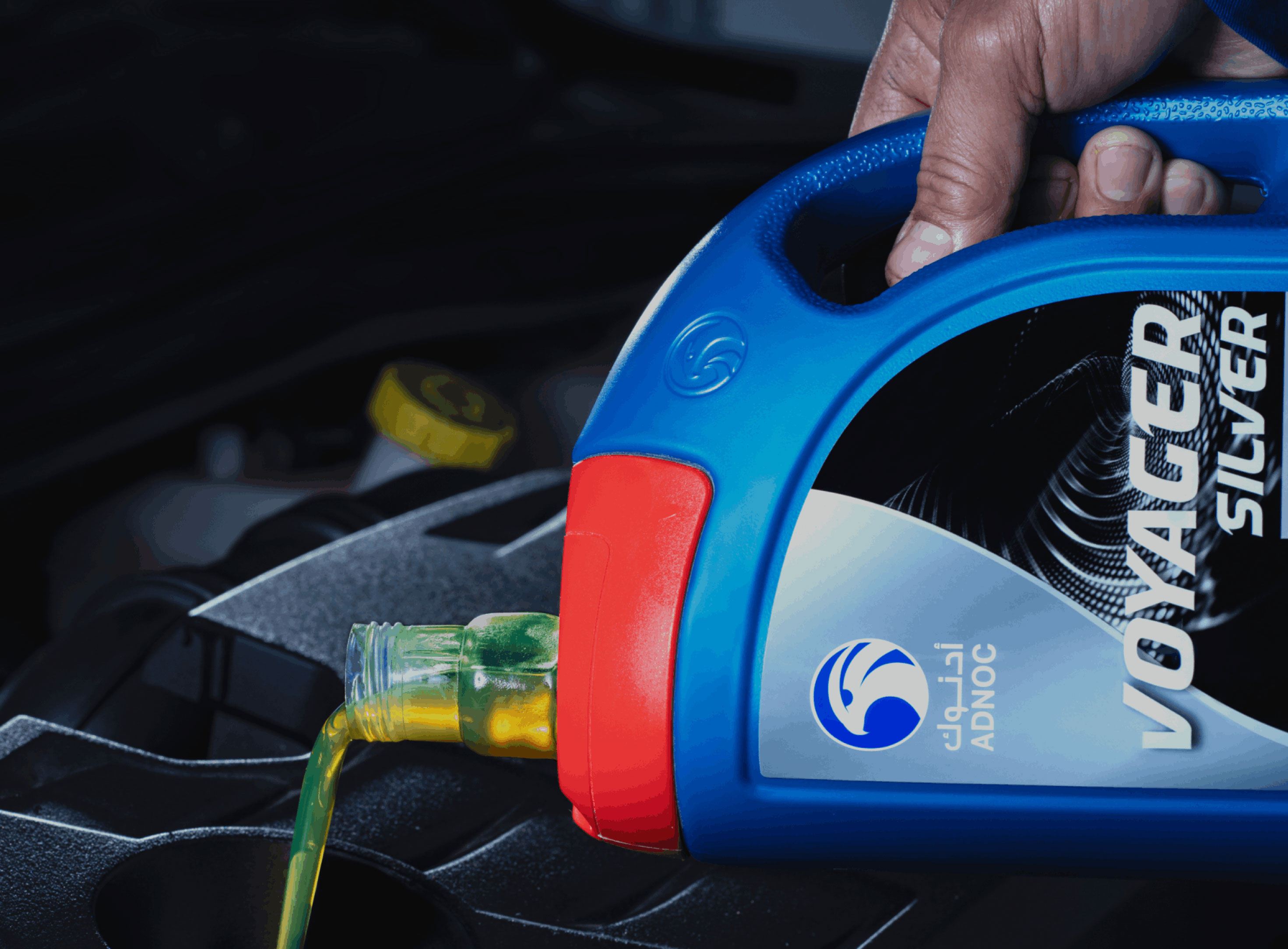
- LPG
- Delivery Services
- Order Now
-
Corporate

- Our Story
- Our Business
- News & Media
-
Sustainability

Sustainability
Sustainability

-
Investor Relations

- Overview
-
Results & Presentations
-
Shareholder Information
-
Sustainability

Sustainability
Sustainability

- News
- Ask ARIF
- Contact Us
- Login



